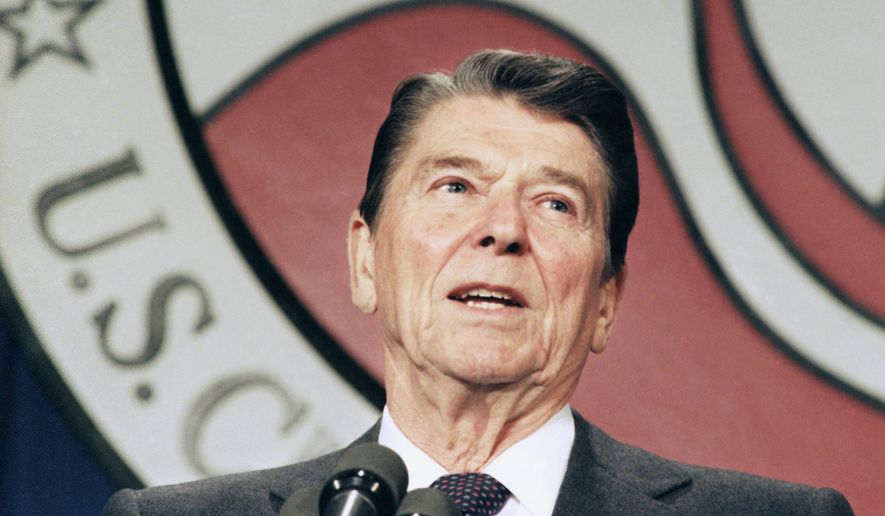
Rep. Joe Barton[1]’s son attends a public school in small-town Texas where more than half of his classmates are Hispanic, and he figures a good number of them are from homes where at least one parent is an illegal immigrant.
The congressman says it’s one of several things that influences his thinking on the thorny issue of immigration.
Mr. Barton[2] is one of a small number of lawmakers who were in Congress in 1986, the last time a major amnesty was approved. He voted against it then. But now he is looking for reasons to back legalization for illegal immigrant “Dreamers,” saying he is older, the issue has changed and the people in question this time are more sympathetic.
“The dynamic is different,” Mr. Barton[3] recently told The Washington Times. “In ‘86, it was adults, primarily single adults, migrant farmworkers. It was more of a labor issue.
“Today it is a lot different because you have the children,” he said, later adding, “The children shouldn’t be held liable for their parents’ sins.”
On the other side of the issue are lawmakers like Sen. Chuck Grassley, an Iowa Republican who voted for the 1986 amnesty and said the lesson he learned amounts to once bitten, twice shy.
Now chairman of the Senate Judiciary Committee, Mr. Grassley has taken the lead in opposing blanket legalization plans, including for Dreamers, saying he saw what happened last time when Congress thought it could combine an amnesty with promises of border security.
The amnesty put some 2.7 million people on a pathway to citizenship, but the promises of enforcement, including tighter border controls and a crackdown on businesses that hire illegal immigrants, lagged behind.
The illegal immigrant population soared from an estimated 3 million to 4 million in 1986 to more than 12 million some 20 years later. The number has ticked down and now hovers around 11 million, demographers calculate....
As his Senate colleagues debated citizenship for Dreamers this year, Mr. Grassley chided them for failing to heed history.“Too bad there is only a handful of us around the U.S. Senate from that time because there would be a lot more missionaries saying that what happened in 1986 shouldn’t be repeated,” he said.Some House Republicans are beginning to take note.When they met last week behind closed doors to talk about how to write an immigration bill that would help Dreamers but also tighten security, the 1986 experience was at the forefront.“The fundamental view is if you don’t get border security you are going to be dealing with DACA for another five, 10, 15 years,” said Rep. Jason Lewis of Minnesota, referring to the Obama-era Deferred Action for Childhood Arrivals program designed to help Dreamers. “To just do DACA would be a fool’s errand.”Other lawmakers emerged from the closed-door meeting saying 1986 was on their minds.Even as he signed the 1986 amnesty, President Reagan said he feared
